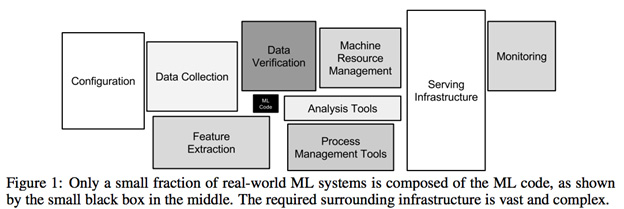I'm currently working as a data scientist at a large company (my first job as a DS, so this question may be a result of my lack of experience). They have a huge backlog of really important data science projects that would have a great positive impact if implemented. But.
Data pipelines are non-existent within the company, the standard procedure is for them to hand me gigabytes of TXT files whenever I need some information. Think of these files as tabular logs of transactions stored in arcane notation and structure. No whole piece of information is contained in one single data source, and they can't grant me access to their ERP database for "security reasons".
Initial data analysis for the simplest project requires brutal, excruciating data wrangling. More than 80% of a project's time spent is me trying to parse these files and cross data sources in order to build viable datasets. This is not a problem of simply handling missing data or preprocessing it, it's about the work it takes to build data that can be handled in the first place (solvable by dba or data engineering, not data science?).
1) Feels like most of the work is not related to data science at all. Is this accurate?
2) I know this is not a data-driven company with a high-level data engineering department, but it is my opinion that in order to build for a sustainable future of data science projects, minimum levels of data accessibility are required. Am I wrong?
3) Is this type of setup common for a company with serious data science needs?

